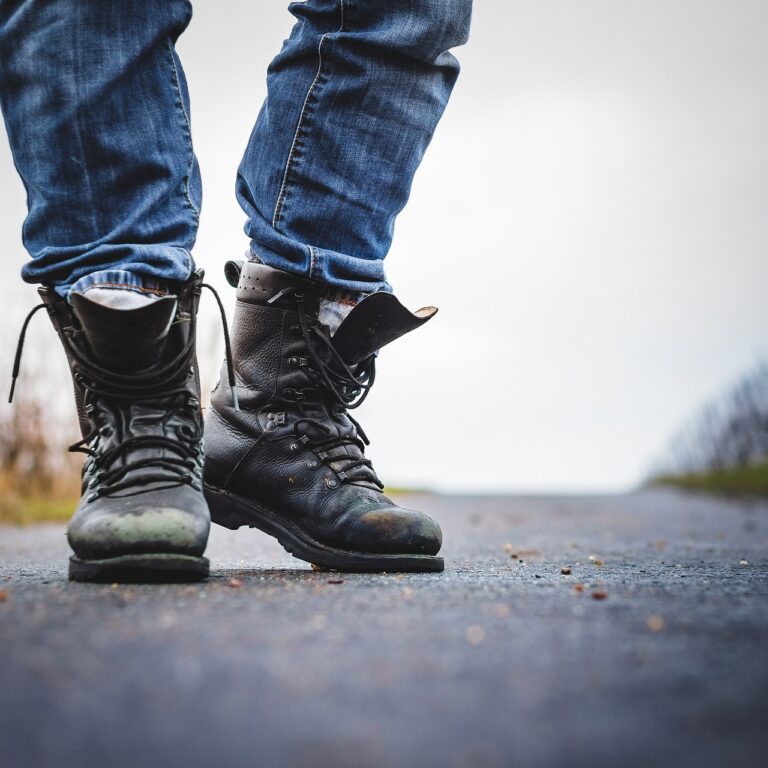Fashion and Slow Fashion Brands: Supporting Small-Scale, Ethical Fashion Labels
Supporting small-scale fashion brands is crucial in today’s industry dominated by fast fashion giants. These independent designers and businesses often prioritize ethical practices, sustainable production methods, and high-quality craftsmanship. By choosing to support these brands, consumers are not only promoting creativity and individuality but also contributing to a more diverse and eco-conscious fashion landscape.
Furthermore, backing small-scale fashion brands helps in fostering a sense of community and connection between consumers and makers. When customers choose to invest in products from these independent labels, they are directly supporting the livelihoods of talented artisans and entrepreneurs. This direct impact can lead to a more transparent and ethical fashion industry, where the emphasis is on craftsmanship, innovation, and social responsibility.
– Supporting small-scale fashion brands promotes ethical practices and sustainable production methods
– Consumers contribute to a more diverse and eco-conscious fashion landscape by choosing these brands
– Fosters a sense of community and connection between consumers and makers
– Directly supports the livelihoods of talented artisans and entrepreneurs in the industry
– Leads to a more transparent and ethical fashion industry with emphasis on craftsmanship, innovation, and social responsibility
The Impact of Ethical Fashion Labels on the Industry
Ethical fashion labels have been making a significant impact on the industry in recent years. By prioritizing fair labor practices and sustainable production methods, these brands are setting a new standard for the fashion industry as a whole. Consumers are increasingly drawn to the transparency and accountability that ethical fashion labels provide, driving a shift towards more socially and environmentally responsible consumption.
As ethical fashion labels continue to gain recognition and popularity, larger corporations are starting to take notice. Many established brands are now implementing similar ethical practices in response to consumer demand for sustainability and ethical sourcing. This ripple effect is helping to transform the industry, pushing for greater awareness and action towards a more ethical and sustainable fashion ecosystem.
How Slow Fashion Brands are Redefining Sustainability
Slow fashion brands are reshaping the sustainability landscape within the fashion industry. By prioritizing quality over quantity, these brands promote the idea of longevity and timelessness in their products. Through mindful production practices and ethically sourced materials, they aim to reduce the environmental impact of fast fashion.
In addition to environmental concerns, slow fashion brands also focus on fair labor practices. By partnering with ethical manufacturers and ensuring that workers are treated well and paid fairly, these brands are setting a new standard for social responsibility in the fashion world. This commitment to both people and the planet is at the core of how slow fashion brands are redefining sustainability.
Why should I consider supporting small-scale fashion brands?
Supporting small-scale fashion brands is important because it helps promote ethical and sustainable practices in the industry. These brands often prioritize fair wages, safe working conditions, and environmentally friendly production methods.
How do ethical fashion labels impact the industry?
Ethical fashion labels are leading the way in promoting transparency and accountability in the fashion industry. By setting an example of sustainable and ethical practices, these labels are influencing larger companies to make changes towards a more sustainable future.
How are slow fashion brands redefining sustainability?
Slow fashion brands are redefining sustainability by focusing on quality over quantity, promoting timeless designs, and using eco-friendly materials. They are challenging the fast fashion model and encouraging consumers to make more conscious purchasing decisions.







